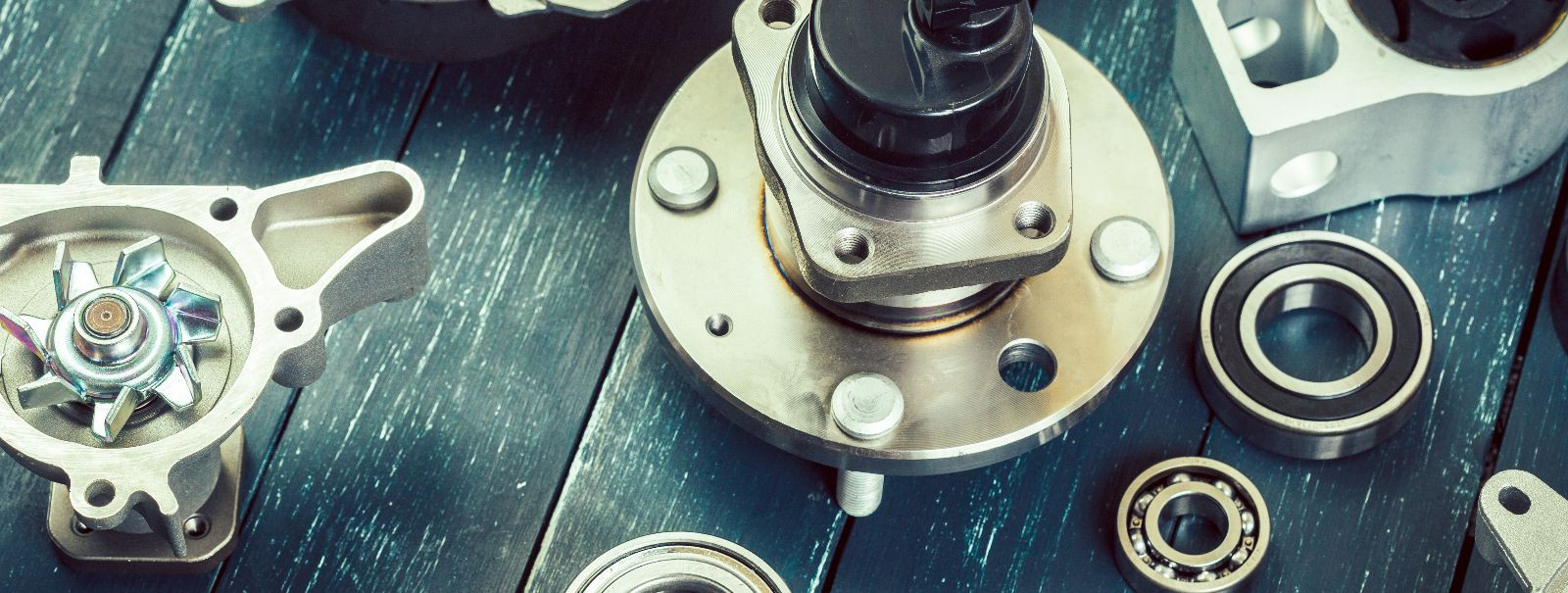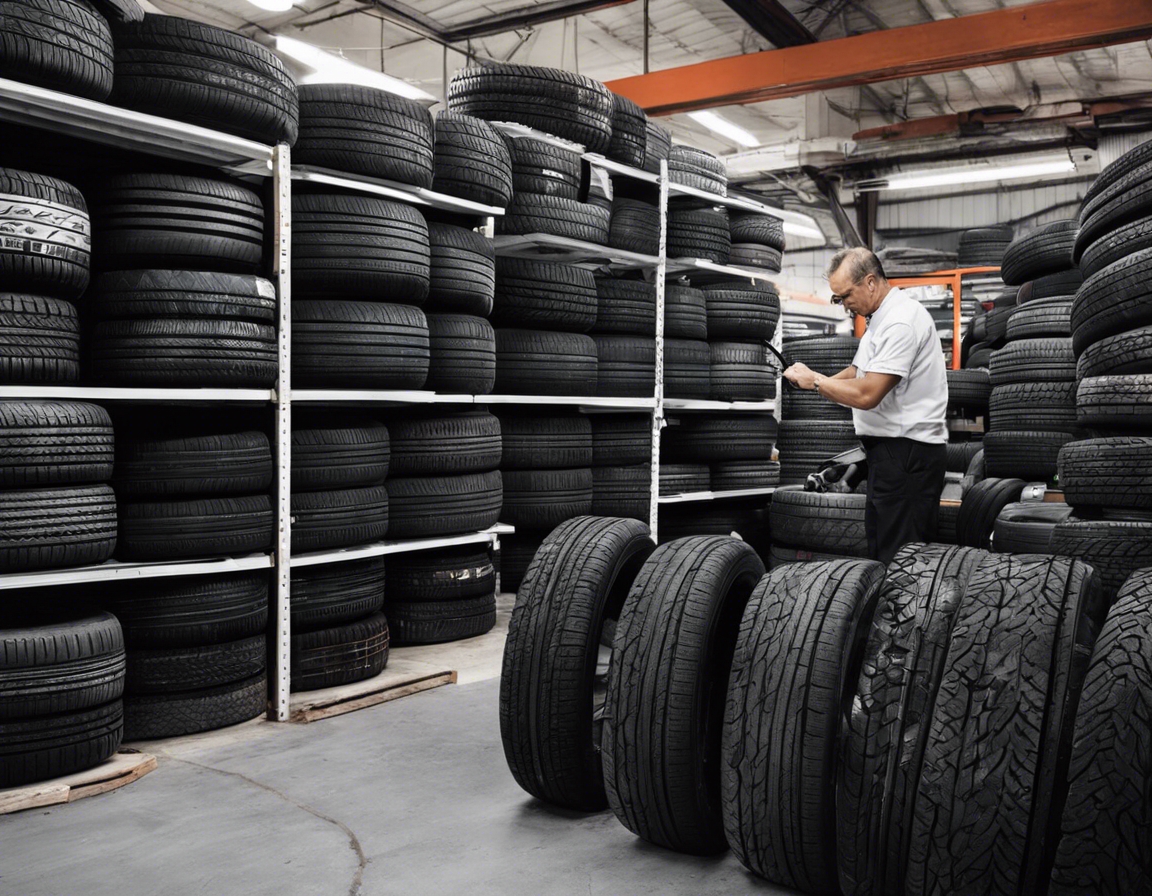The ultimate guide to buying used automotive parts
Buying used automotive parts can be a smart financial move for car owners, automotive repair shops, and DIY mechanics. Not only does it save money, but it also promotes sustainability by reusing parts that might otherwise end up in a landfill.
Opting for used parts can significantly reduce the cost of vehicle repairs and maintenance. It's also an eco-friendly choice that supports the circular economy.
Many people believe that used parts are unreliable or that they will fail sooner than new parts. However, with proper selection and maintenance, used parts can offer comparable performance to new ones.
Understanding the Types of Used Parts
Original Equipment Manufacturer (OEM) parts are made by the vehicle's manufacturer, while aftermarket parts are produced by other companies. OEM parts are generally more sought after in the used market due to their guaranteed compatibility.
Used parts can range from body components to mechanical parts, and it's important to understand the category of the part you're considering to ensure it meets your needs.
Where to Find Used Automotive Parts
Online platforms can offer a wide selection of used parts from sellers across the country, often with detailed descriptions and photos.
Visiting local salvage yards can allow you to inspect parts in person and often negotiate better prices.
Automotive forums and community boards can be valuable resources for finding rare parts and getting advice from experienced enthusiasts.
Evaluating the Quality of Used Parts
It's crucial to inspect used parts for any signs of excessive wear or damage that could affect their performance.
Ensuring that the part is genuine and not a counterfeit is important for safety and performance reasons.
Knowing the seller's warranty and return policy can provide peace of mind and protection for your purchase.
Best Practices for Buying Used Parts
Before making a purchase, verify that the part is compatible with your vehicle and check for any known issues or recalls.
Don't be afraid to negotiate the price with sellers, especially if you're buying in person or from a private seller.
When buying online, use secure payment methods and be wary of deals that seem too good to be true.
Installation and Maintenance of Used Parts
If you're installing the part yourself, make sure you have the right tools and knowledge to do so safely and correctly.
For complex parts or if you're unsure about DIY installation, consider using professional services to ensure the job is done right.
Proper maintenance can extend the life of used parts and ensure they continue to perform well.






Comments (0)